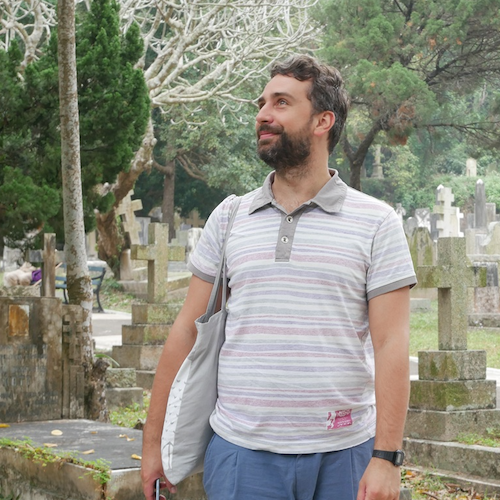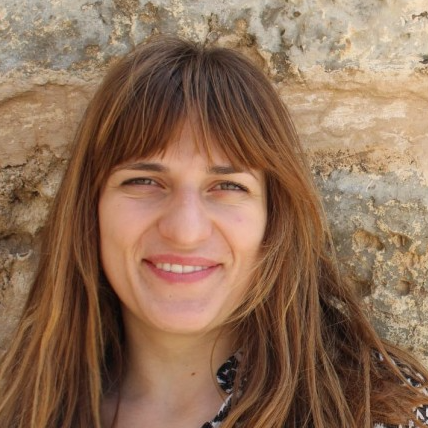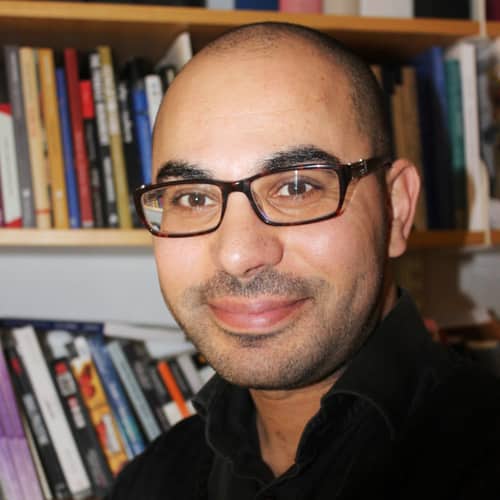plaNext–Next Generation Planning
plaNext–Next Generation Planning is an international peer-reviewed open access e-journal. The young academics network of AESOP founded plaNext to provide prospective authors with an opportunity to engage their ideas in international planning debates as well as to make their research available to the wider planning audience. plaNext invites authors to submit original work that includes: empirical research; theoretical discussions; innovative methodologies; case studies; and book reviews on selected books, textbooks, or specific topics dealing within planning.












LATEST ARTICLES
12 January 2026
plaNext–Next Generation Planning is an international peer-reviewed open access e-journal, indexed in Scopus, Google Scholar and the Directory of Open Access Journals (DOAJ). The young academics network of AESOP founded plaNext to provide prospective authors with an opportunity to engage their ideas in international planning debates as well as to make their research available to the wider planning audience.
- The seascape as an actor in the public acceptance of offshore wind farms
- Editorial: Bridging gaps – urban planning for coexistence
- Towards a heterogeneous data processing method to support planners in increasing climate resilience: An application on urban heat waves
- Serial retrofitting as a bottom-up innovation for sustainability: Application of the multi-level perspective
- From bungalows to garden cities: The architectural evolution of British-owned oil company towns in Iran (1901–1951)
- Conflicting agricultural territories and unsolved public problems: The case of Val di Non in Italy
- Designing infrastructure beyond the urban-rural divide: Comparative lessons for the European territorial palimpsest

